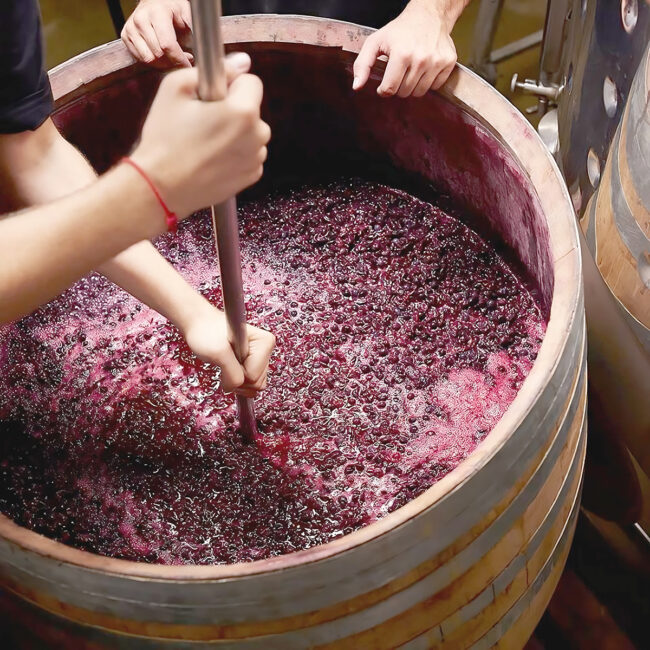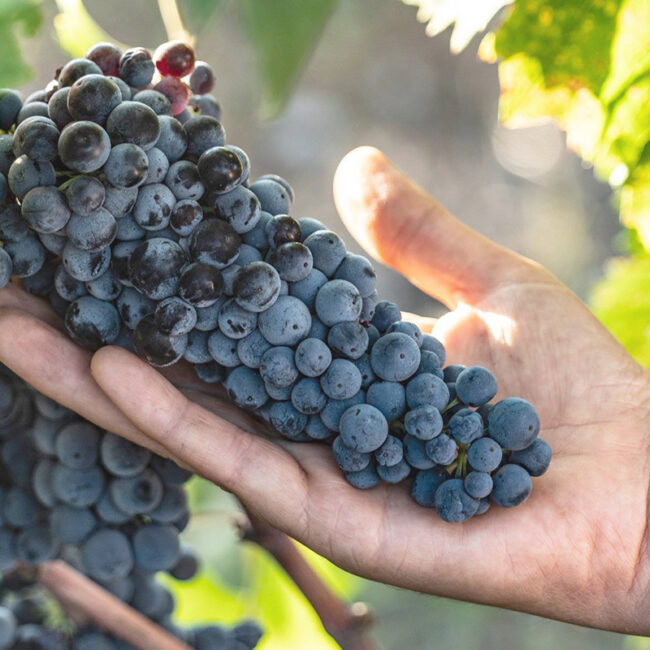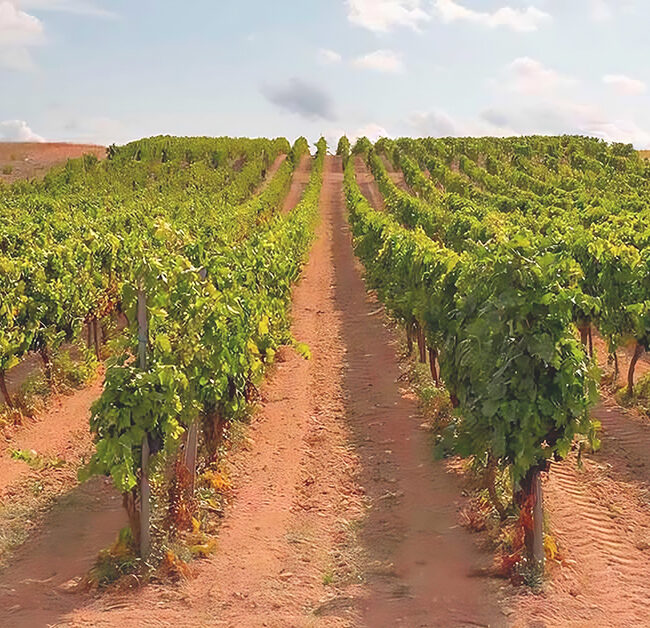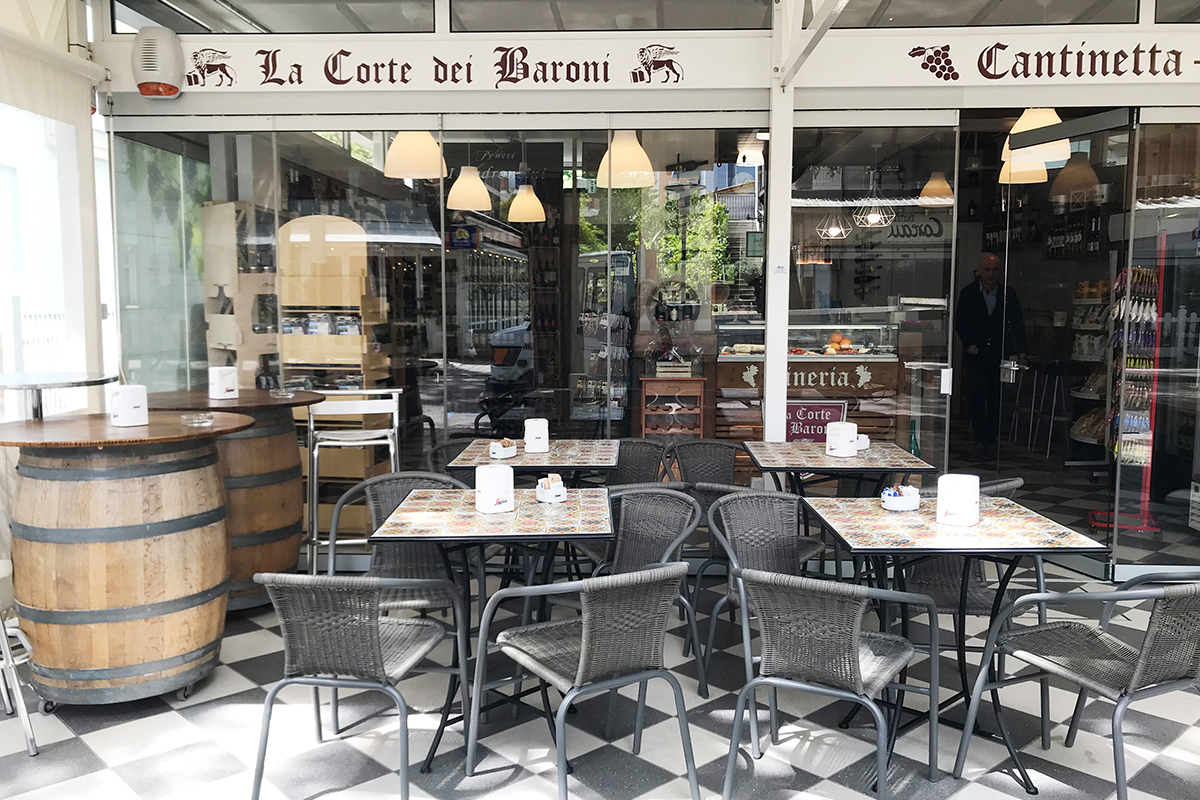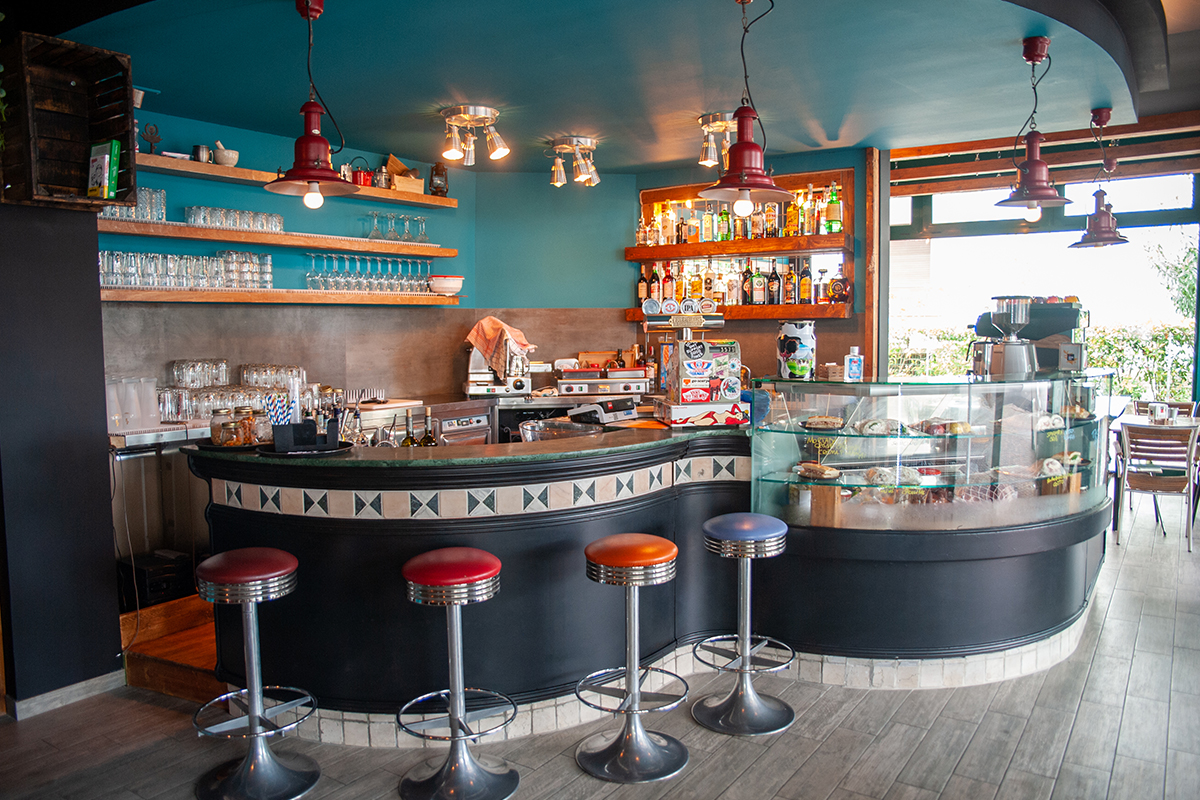
Tales of the Italian food and wine | Molise – Puglia – Basilicata
Lot of different landscapes, a lot of history and a lot of unique products, we are in the heel of Italy.
MOLISE – PUGLIA – BASILICATA
ANCIENT MOLISANE RECIPES…TAKE AWAY
Molise. Perhaps the most unknown and least known region in Italy. To tell the truth it is a pity that a region so rich in biodiversity (despite its small size can boast a stretch of coast and peaks capable of exceeding 2000 meters) and tradition, remains shrouded in mystery to most. Well, we will try to tell you about Molise, as always, through food and with the help of a producer. “Il Nido del Pettirosso” is the most representative of the culinary history of Molise. In what was once a country house set among olive trees and hills, today the small artisan workshop transforms Molise raw materials into sott’oli, paté and real traditional recipes. The oil used is only extra virgin olive, in which turnip tops, wild asparagus tips or puntarelle are immersed. The real pride of the company, however, was to be able to spread Molise recipes “take away”. We can find the ‘Mbanatella, ancient meal of the farmer also called Pizza and Soup, made with field herbs and Granone Agostinello, a variety of corn native to Molise; or the Ciambotta, a mix of Mediterranean vegetables sautéed separately and combined with almost finished cooking, to try strictly with seasoned sausage and a fried egg cooked inside. In short, Molise definitely deserves a taste!
THE RED SOILS AND PRIMITIVO WINE
What are the components that determine the quality of wine? It’s likely a combination of nature’s touch and human effort. To make this clearer, we’ll discuss the Primitivo wine from the De Quarto family, who for generations have been vinifying only selected grapes from their 20 hectares of land located in the splendid Salento region of Puglia. But let’s start with nature. There’s a microzone in Puglia where the soil takes on unique characteristics in Italy and truly rare in the world: we’re talking about the red soils of Manduria, the favored area for Primitivo wine. The distinctive red color is a result of the calcareous matrix of the soil combined with traces of iron oxides. This particular feature allows for the creation of a fragrant, intense, and full-bodied wine, such as Primitivo di Manduria. Regarding the work that the De Quarto family carries out in the vineyard and in the cellar to transform grapes into wine, their philosophy is simple: entirely natural methods that always aim to enhance nature’s work, without the use of chemical products. In the vineyard, the plants are cultivated using the ancient “alberello” technique, with high planting density and very low grape yields. The combination of these factors significantly contributes to obtaining fruits rich in aromas and sugars, prioritizing quality over quantity. From this natural-human collaboration, various facets of Primitivo emerge. To mention just a few, they range from the fresh Primitivo rosé with hints of strawberry, to the great Primitivo di Manduria Riserva obtained from old vines, to the incredible Primitivo passito, a dessert wine with distinct almond aromas that pairs wonderfully with chocolate and dry pastries.
During this summer with “Made in Italy” heading we have travel around Italy, we have meet extraordinary craft businesses able to enhance the local culture and territory through food and wine. But how can we all contribute to the preservation of biodiversity? Simple, choosing every day small producers and privileging at the table quality to quantity!
CURIOSITY
A biodiversity to be saved
It is estimated that human beings, in their history, have used more than 10,000 plant species as a source of food: today, instead, only 120 species constitute 90% of world production. This results in an impoverishment of our diets, an imbalance in the exploitation of fertile soils and serious losses in terms of land history, tradition and biodiversity.
Published by: editor on 06/09/2023



